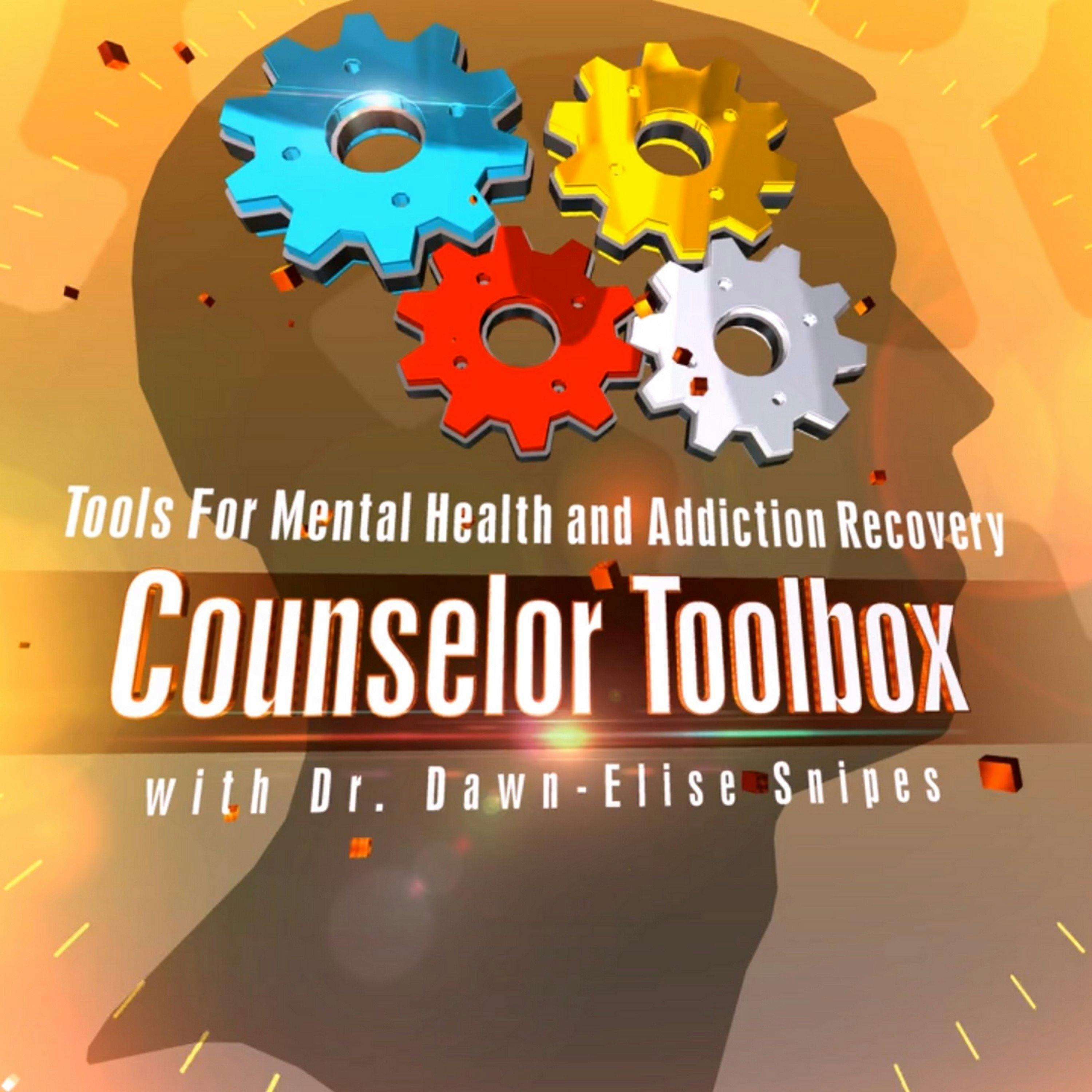|
Description:
|
|
By understanding the origins of distress, we are better able to deal with distress.
Counseling Theories assert that problems stem from ineffective relationships or thoughts in adulthood. Personality Theories speculate that distress stems from more innate, long standing problems often starting in childhood Learning Theories emphasize the fact that distress and behavior is learned from exposure to rewards and punishments
Theories: Person Centered
Humans are good and forward moving unless they are blocked
Blockages often occur from a lack of unconditional positive regard which leads to low self esteem and low self efficacy By creating a nurturing, positive environment, people will naturally move in the right direction.
6 necessary conditions required for change: Therapist-Client Psychological Contact: a relationship between client and therapist
Theories: REBT/CBT Focuses on changing the current evaluations and/or reactions
Distress is caused by a combination of the event and the person's perception of the event
By using the A-B-Cs, people can evaluate their beliefs and reactions (consequences) to events. A-B-C
CBT/REBT: Irrational Thoughts
Focus on the present Avoid discussing symptoms and complaints. Focus on what counselees can do directly-act and think. Spend less time on what they cannot do directly: changing their feelings and physiology. Avoid criticizing, blaming and/or complaining
Remain non-judgmental, but encourage people to ask: Is what I am doing getting me closer to the people I need?
Focus on specifics. Who are counselees are disconnected from
Help them make specific, workable plans to reconnect with the people they need. Follow through on what was planned by helping them evaluate their progress.
Be patient and supportive but keep focusing on the source of the problem, disconnectedness.
Personality Theories: Psychoanalysis
The conscious mind is what you are aware of at any particular moment, your present perceptions, memories, thoughts, fantasies, feelings
Working closely with the conscious mind is what Freud called the preconscious, what we might today call “available memory.”
The largest part by far is the unconscious. It includes all the things that are not easily available to awareness
The id, the ego, and the superego
Personality Theories: Erickson
We develop through a predetermined eight stages.
Progress through each stage is determined by our success in all the previous stages.
Each stage involves certain developmental tasks
If a stage is managed well, we develop a certain virtue or strength
Learning Theories: Classical Conditioning
Learning Theories: Operant Conditioning
Operant conditioning is the use of consequences to modify the occurrence and form of behavior (Treatment planning)
Reinforcement is a consequence that increases a behavior. +/-
Punishment is a consequence that decreases a behavior. +/-
Extinction is the elimination of a behavior by removing the reward.
Learning Theories: Social Learning
People learn from one another, through observational learning, imitation, and modeling.
People can learn by observing behavior and the outcomes of those behaviors.
Learning can occur without a change in behavior.
Cognition, awareness and expectations of future consequences can have a major effect on the behaviors that people exhibit.
Reciprocal causation: The person, the behavior, and the environment can have an influence on each other.
4 conditions that are necessary before an individual can learn
Attention: the person must first pay attention to the model/situation
Retention: the observer must remember the behavior that has been observed.
Rehearsal: the third condition is the ability to replicate the behavior.
Motivation: Learners must want to demonstrate what they have learned. |
 More
More
 Religion & Spirituality
Religion & Spirituality Education
Education Arts and Design
Arts and Design Health
Health Fashion & Beauty
Fashion & Beauty Government & Organizations
Government & Organizations Kids & family
Kids & family Music
Music News & Politics
News & Politics Science & Medicine
Science & Medicine Society & Culture
Society & Culture Sports & Recreation
Sports & Recreation TV & Film
TV & Film Technology
Technology Philosophy
Philosophy Storytelling
Storytelling Horror and Paranomal
Horror and Paranomal True Crime
True Crime Leisure
Leisure Travel
Travel Fiction
Fiction Crypto
Crypto Marketing
Marketing History
History

.png)
 Comedy
Comedy Arts
Arts Games & Hobbies
Games & Hobbies Business
Business Motivation
Motivation




